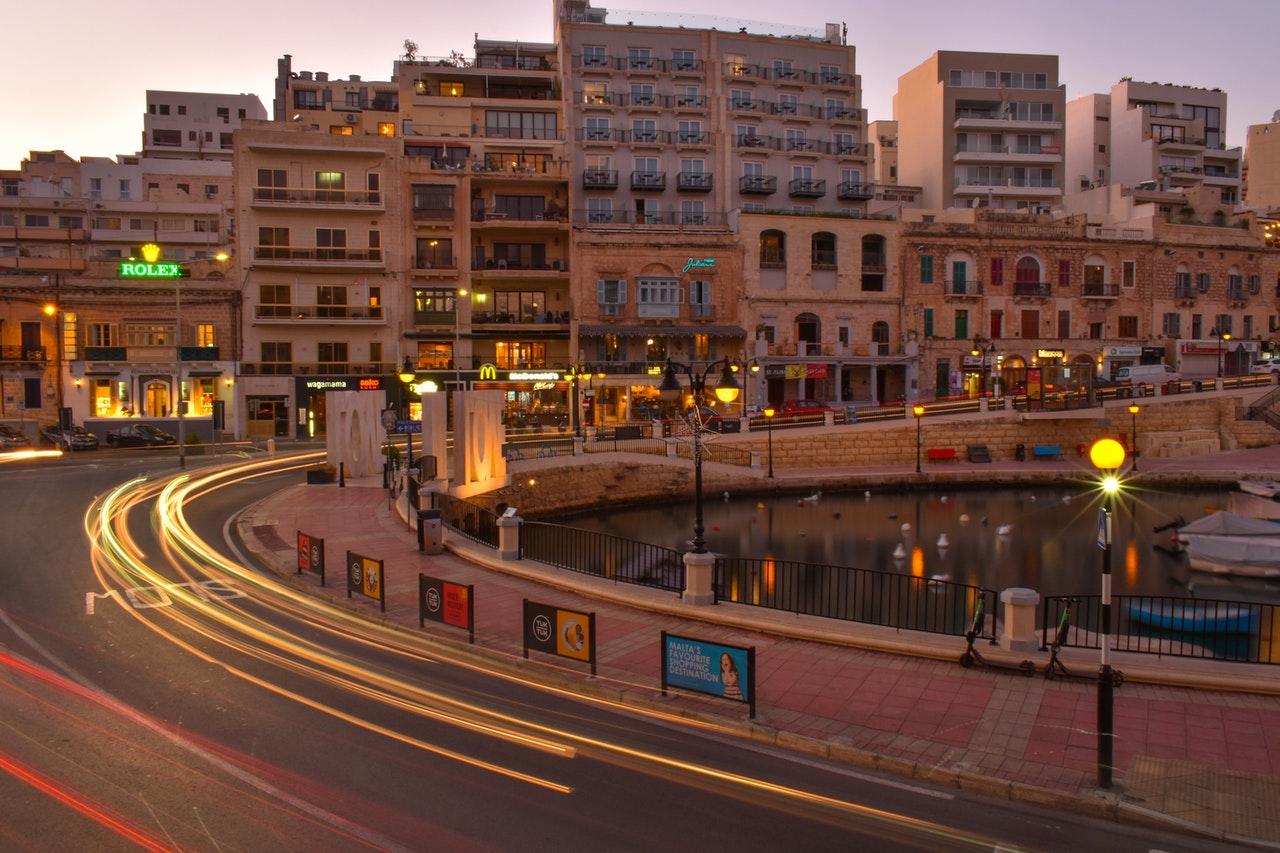Malta’s removal from the Financial Action Task Force (FATF) list of countries under increased monitoring, the so-called grey list, means that financial service practitioners can “again focus on enhancing the country’s reputation by conducting international business professionally, ethically and with integrity, thereby revitalising the sector.”
Malta’s Institute of Financial Services Providers (IFSP) made the comments in the wake of Friday’s FATF announcement.
“Leaving the greylist means that businesses in Malta can now look forward to smoother relationships with both customers and suppliers, without the shadow of doubt about the jurisdiction impinging on their business,” the IFSP said.
It said that now is the time to look forward, with the removal from the grey list being the first step.
“Malta’s practitioners and authorities now need to ensure Malta remains an attractive place to do business. The authorities’ focus needs to shift from proving the jurisdiction to effectively managing the regulatory regime developed, making it proportionate and responsive to the diversity of economic operators offering service from Malta while simplifying the necessary bureaucratic arrangements where possible.”
The Malta Chamber
The Malta Chamber also issued a statement, pointing out that the past year has been especially challenging for those businesses exposed to international payments, as well as the increased AML compliance costs across the board.
Looking ahead, The Malta Chamber said:
“The next objectives need to be achieving a sustainable regulatory environment whereby AML obligations will be more risk-based, proportionate to the size of the business, and effective at rebuilding our reputation as a reliable and competitive jurisdiction. Striking this balance going forward will be key to restoring our position as a leading financial services provider and developing those segments of the industry where we can have a competitive edge.
Onto the responsibility by all those involved in maintaining Malta’s standards, it said:
“It is imperative that both Government and regulatory authorities, and the private sector, collectively ensure that we do not let standards slip. We should turn this unpleasant experience into a springboard for a proactive renewal of the financial services industry in Malta.”
The Malta Bankers’ Association
The Malta Bankers’ Association (MBA) described the country’s removal from the list as a “noteworthy example of public-private collaboration”.
On its part, the MBA underlined that its member banks remain fully committed to the highest standards required of them as gatekeepers in the constant fight against money laundering, terrorist financing and all forms of economic crime.
Malta Institute of Accountants
The Malta Institute of Accountants (MIA) also welcomed the decision, commending the efforts by the country’s financial services practitioners and other professionals, “an effort which has contributed in no small way to this desired result”.
“Malta’s de-listing should not however, constitute a point of arrival. All stakeholders have a responsibility to remain vigilant at all times and to continue improving on the higher quality that has been reached today.”
The Gozo Business Chamber
The Gozo Business Chamber welcomed Malta’s removal from the list, thanking all those involved and stressing that the country should maintain efforts to maintain newly attained standards.
The experience shows us that “whenever there is a collaborative effort at all levels, and a strategic direction to implement the required reforms, Malta can make a difference,” it noted.
It said that Gozo as an island region faces substantial challenges, and it would be “good to see the financial services industry establish itself in Gozo in the near future.
“The COVID-19 pandemic has shown the need for Gozo to diversify its economy, which is too dependent on tourism, construction and real estate.
“The establishment of the financial services industry in Gozo, and also other sectors, including new ones related to the green economy and digitalisation, would ensure the sustainability of the Gozitan economy, and its positioning as a net contributor to the national economy.”
Government
Following Friday’s announcement, Prime Minister Robert Abela addressed the nation in a televised address, saying that Malta stands as an example to other jurisdictions for the speed with which it was removed from the grey list.
Like Iceland, it took Malta one year to get off the list of countries under increased monitoring.
He said the authorities will continue to nurture the culture change brought about by actioning the FATF’s recommendations and that he remains open to engage as necessary, should any issues arise.
European Parliament adopts regulation making it easier for companies to be paid on time
The maximum credit term under the new Late Payment Regulation is to up to 120 days, for some sectors
French ATC strike forces Ryanair to cancel over 300 flights, affecting 50,000 passengers
The low-cost carrier is demanding the EU carries out reforms to ensure travel continues undisrupted
Valletta ranks 8th most expensive European capital city to live in – study
While London is the most expensive, Bucharest is the most affordable






